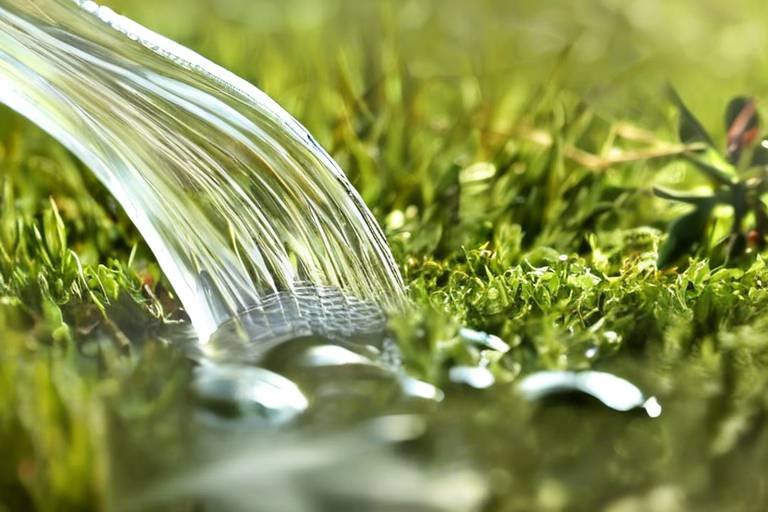The Importance of Protecting Wetlands
Wetlands are a vital component of our ecosystem, offering a multitude of benefits that are often overlooked. These unique habitats serve as a sanctuary for a diverse array of plant and animal species, many of which are rare and endangered. By protecting wetlands, we are not only preserving biodiversity but also ensuring the delicate balance of nature remains intact.
One of the key roles wetlands play is in flood prevention. Acting as natural sponges, wetlands have the remarkable ability to absorb excess water during heavy rainfall, reducing the risk of flooding in surrounding areas. Their presence is crucial in mitigating the impact of extreme weather events and safeguarding communities from potential disasters.
Moreover, wetlands serve as natural filters, purifying water by removing pollutants and sediments before it flows into rivers, lakes, and oceans. This filtration process not only improves water quality for human consumption but also sustains the health of aquatic ecosystems, benefiting both wildlife and people alike.
Additionally, wetlands play a significant role in combating climate change through carbon sequestration. These ecosystems store substantial amounts of carbon in their soils, helping to reduce greenhouse gas emissions and mitigate the effects of global warming. Preserving wetlands is essential in the fight against climate change and preserving a sustainable future for generations to come.
Furthermore, wetlands offer recreational opportunities and economic benefits for local communities. Activities such as birdwatching, fishing, and hiking attract tourists, contributing to the local economy. By protecting wetlands, we ensure the continuity of these recreational activities and the preservation of natural landscapes for future enjoyment.
Lastly, wetlands hold cultural and spiritual significance for many indigenous communities around the world. These sacred places are deeply intertwined with the cultural heritage of indigenous peoples, emphasizing the importance of preserving wetlands not only for ecological reasons but also for respecting the spiritual connection to the land.
In conclusion, the importance of protecting wetlands cannot be overstated. From biodiversity conservation to flood prevention, water quality improvement, and cultural significance, wetlands play a crucial role in maintaining a healthy environment. It is imperative that we prioritize the preservation of wetlands and implement sustainable practices to ensure their longevity for the benefit of both nature and humanity.
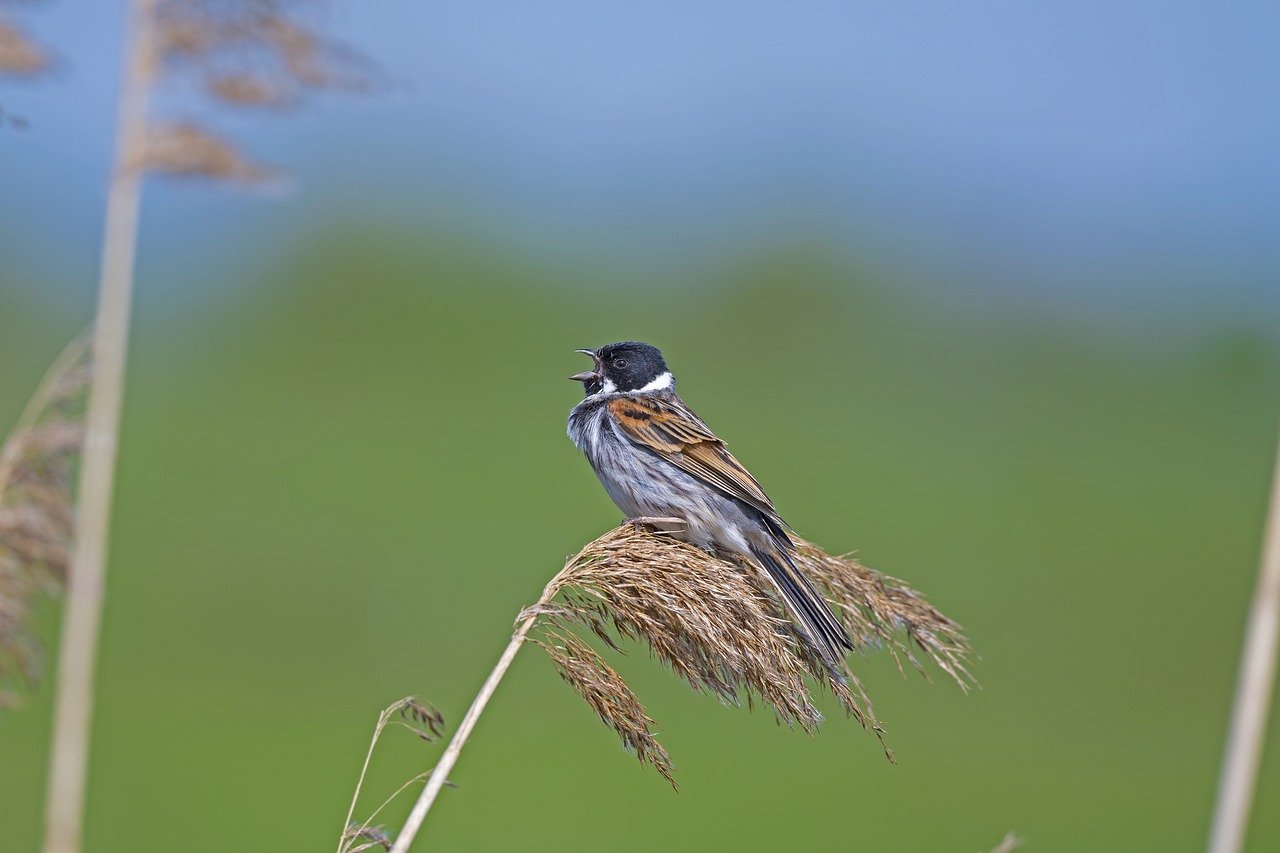
Biodiversity Conservation
Wetlands are vital ecosystems that play a crucial role in . These diverse habitats support a wide array of plant and animal species, many of which are rare and endangered. By protecting wetlands, we are not only preserving the rich variety of life they sustain but also ensuring the survival of these unique ecosystems. Imagine a world without the vibrant colors of various bird species or the graceful movements of wetland-dependent animals like otters and beavers. The loss of wetlands would mean losing these precious components of our natural world forever.
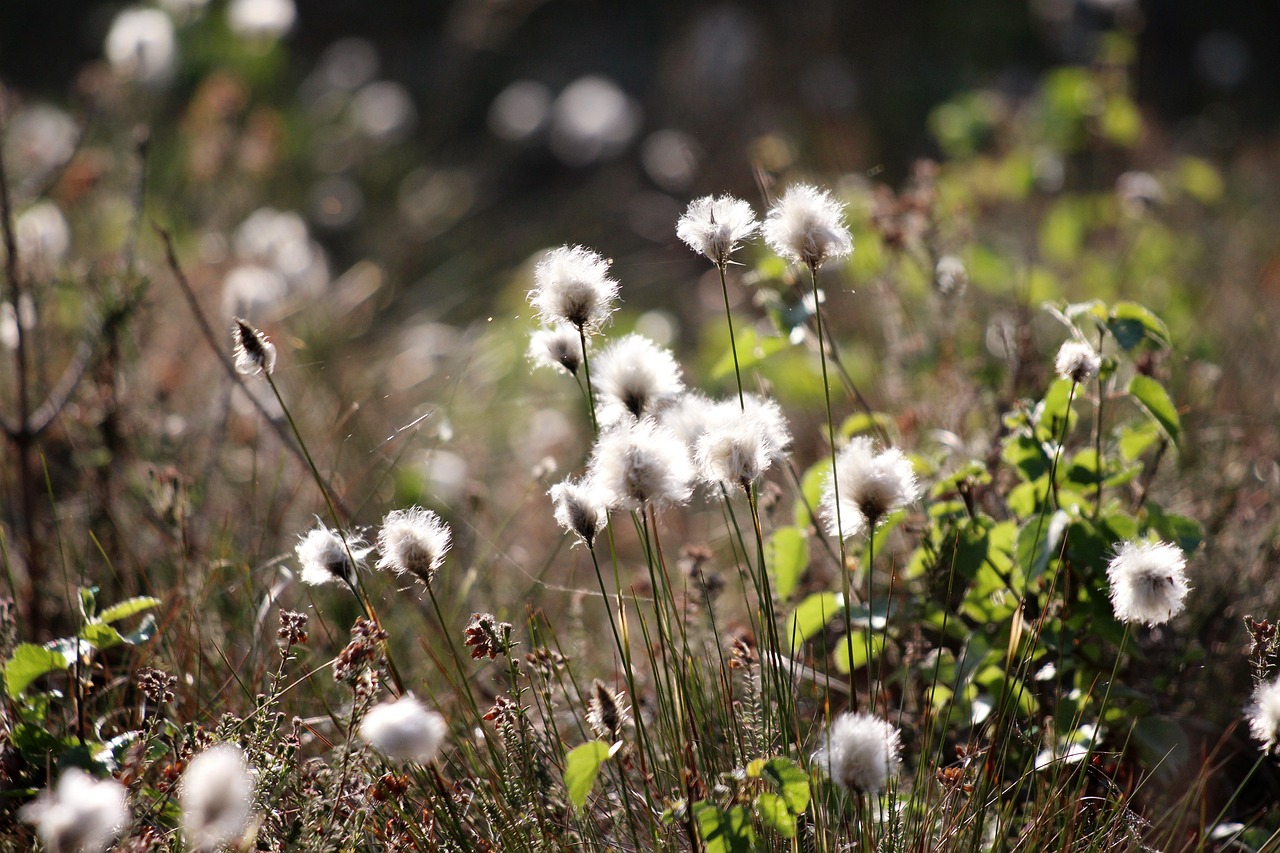
Flood Prevention
When it comes to , wetlands serve as nature's protective barrier against the destructive forces of overflowing waters. These unique ecosystems act as natural sponges, absorbing excess water during heavy rainfall and reducing the risk of flooding in surrounding areas. By slowing down the flow of water and storing it within their marshy grounds, wetlands play a crucial role in mitigating the impact of extreme weather events such as storms and hurricanes.
Imagine wetlands as giant, absorbent towels that soak up the excess water, preventing it from wreaking havoc downstream. Without these natural buffers, communities would be more vulnerable to the devastating effects of flooding, leading to property damage, displacement of residents, and even loss of life. Preserving wetlands is not just about protecting the environment; it's about safeguarding our homes and livelihoods from the destructive forces of nature.
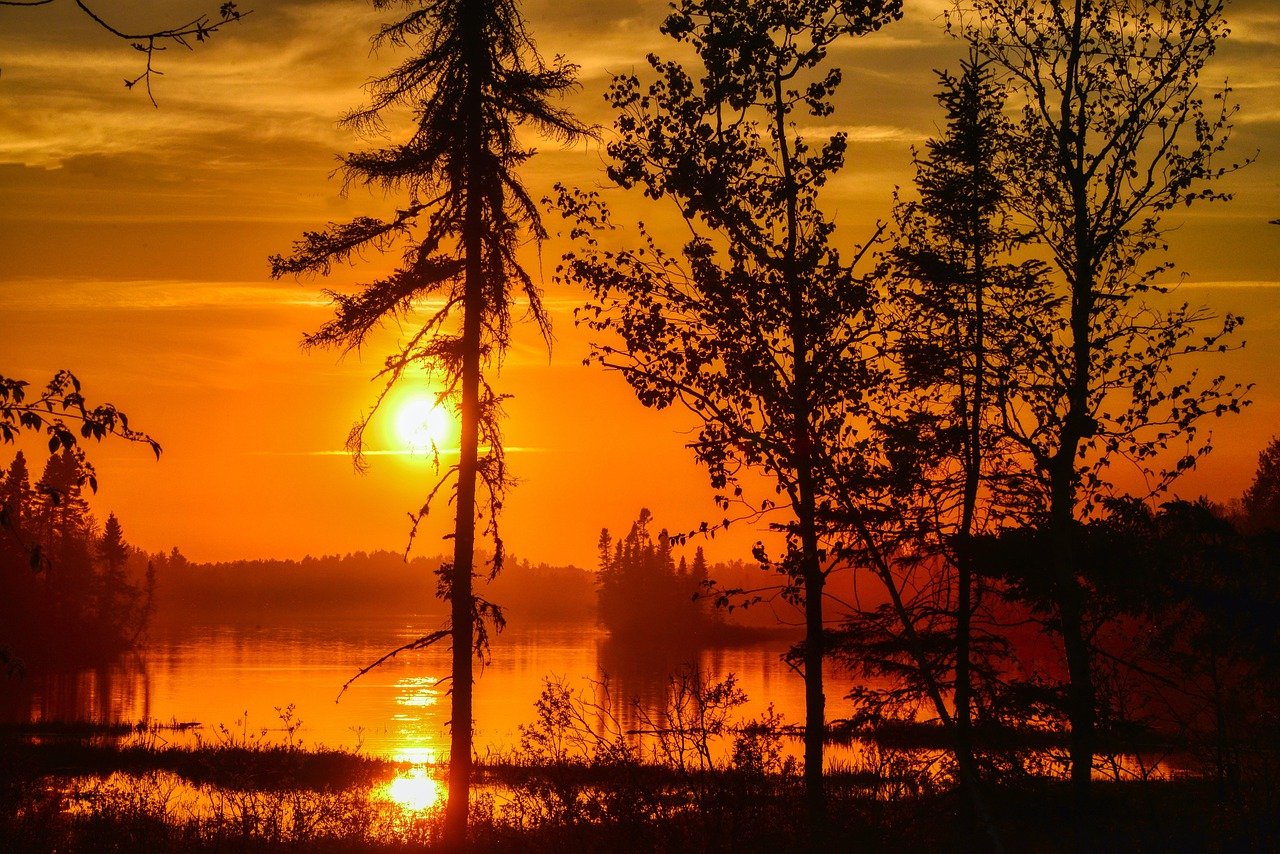
Water Quality Improvement
Water quality improvement is a critical aspect of wetland preservation, as these ecosystems play a vital role in filtering pollutants and sediments from water sources. By acting as natural filtration systems, wetlands help to enhance the quality of water before it flows into rivers, lakes, and oceans. This purification process is essential for maintaining clean and healthy water sources, benefiting both human populations and wildlife that rely on these ecosystems for sustenance.
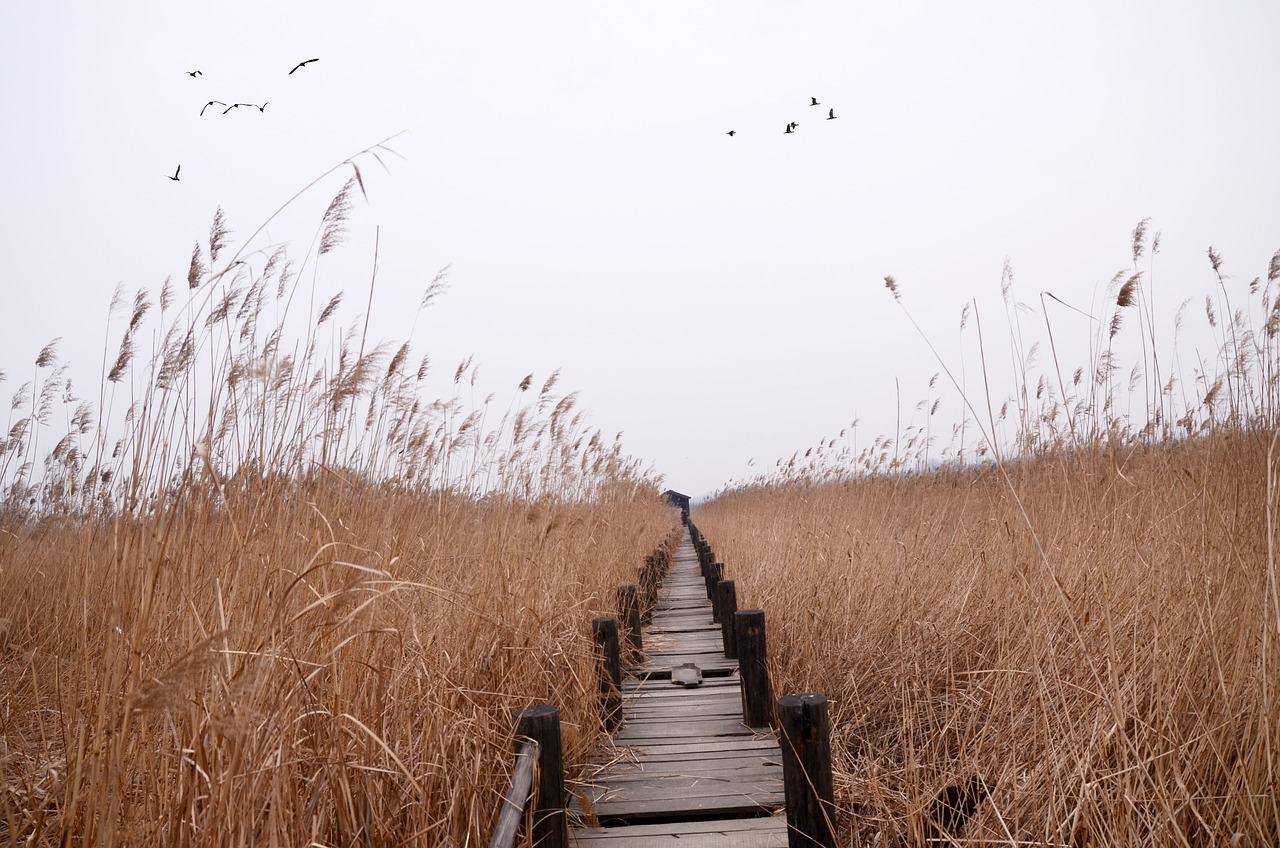
Carbon Sequestration
Wetlands play a crucial role in the environment, providing habitat for diverse wildlife, protecting against floods, and improving water quality. Preserving wetlands is essential for biodiversity conservation and maintaining ecological balance.
Wetlands support a wide variety of plant and animal species, many of which are rare and endangered. Protecting wetlands helps safeguard biodiversity and ensures the survival of these unique ecosystems.
Wetlands act as natural sponges, absorbing excess water during heavy rains and reducing the risk of flooding in surrounding areas. Preserving wetlands is vital for mitigating the impact of extreme weather events.
Wetlands filter pollutants and sediments from water, improving its quality before it enters rivers, lakes, and oceans. Protecting wetlands helps maintain clean water sources for both humans and wildlife.
Wetlands store large amounts of carbon in their soils, helping to mitigate climate change by reducing greenhouse gas emissions. Preserving wetlands is crucial for their role in sequestering carbon and combating global warming.
Wetlands provide opportunities for outdoor activities such as birdwatching, fishing, and hiking, attracting tourists and generating economic benefits for local communities. Protecting wetlands ensures continued access to these recreational opportunities.
Many indigenous cultures view wetlands as sacred places with deep spiritual significance. Preserving wetlands is essential for respecting and protecting the cultural heritage of indigenous communities around the world.
Wetlands help regulate the water cycle by storing and releasing water gradually, reducing the risk of droughts and maintaining water availability during dry periods. Protecting wetlands is crucial for sustainable water management.
Balancing the need for urban development with wetland conservation is a challenge. Proper land use planning and sustainable development practices are necessary to protect wetlands while meeting the needs of growing populations.
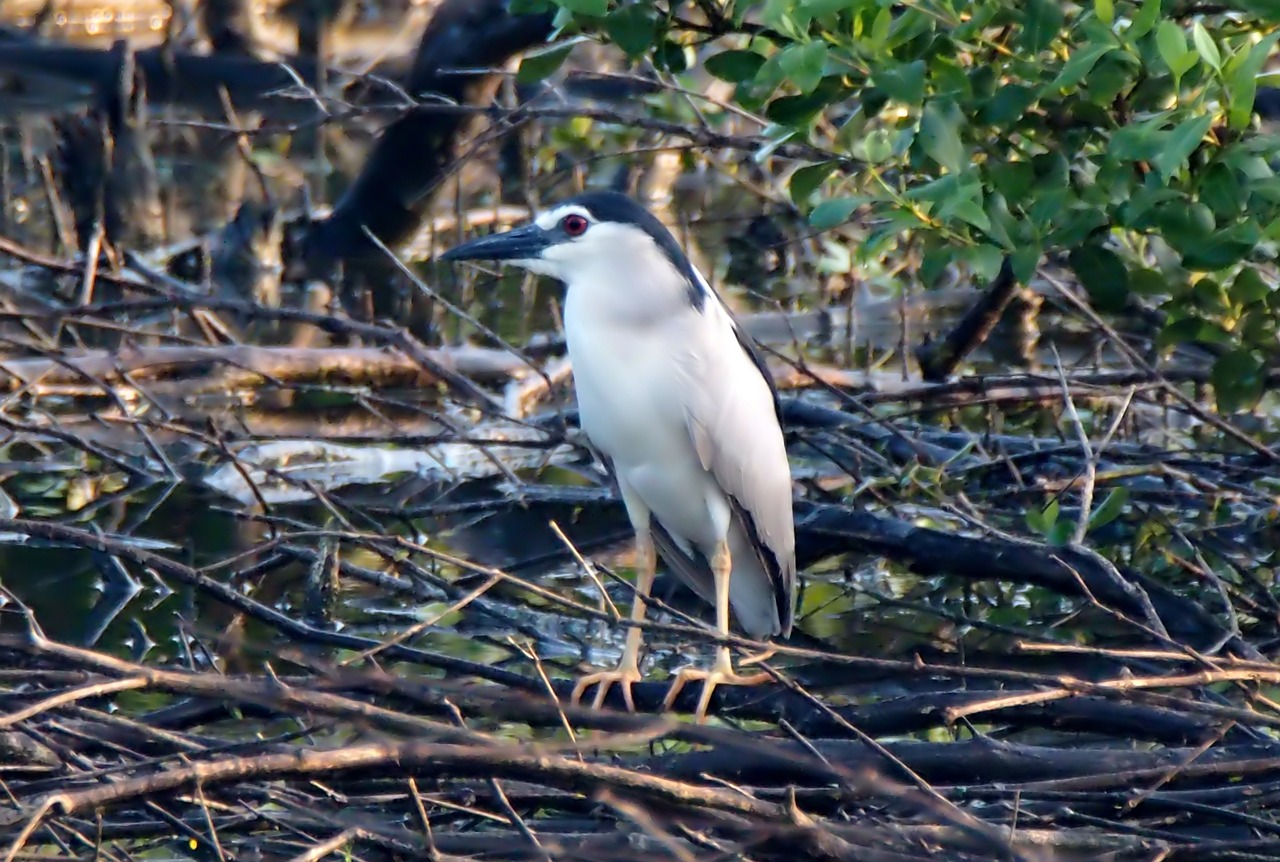
Recreation and Tourism
When it comes to wetlands, they are not just essential for the environment but also play a significant role in offering recreational opportunities and boosting tourism. These natural landscapes provide a serene setting for various outdoor activities, drawing in nature enthusiasts, adventure seekers, and tourists alike.
Imagine the tranquility of birdwatching in the early morning light, the thrill of catching a fish in a pristine wetland stream, or the sense of exploration while hiking through marshy terrain. Wetlands offer a diverse range of experiences that cater to different interests, making them popular destinations for recreational purposes.
Moreover, the beauty and biodiversity of wetlands attract visitors from far and wide, contributing to the local economy through tourism. Whether it's a guided nature walk, a boat tour through wetland channels, or a photography expedition capturing the stunning landscapes and wildlife, wetlands offer a unique and enriching experience for visitors.
By protecting wetlands, we not only ensure the preservation of these natural treasures for future generations but also guarantee the continuation of recreational opportunities that bring joy and relaxation to people of all ages. The balance between conservation efforts and recreational use is crucial in maintaining the ecological integrity of wetlands while allowing people to appreciate and enjoy their beauty.
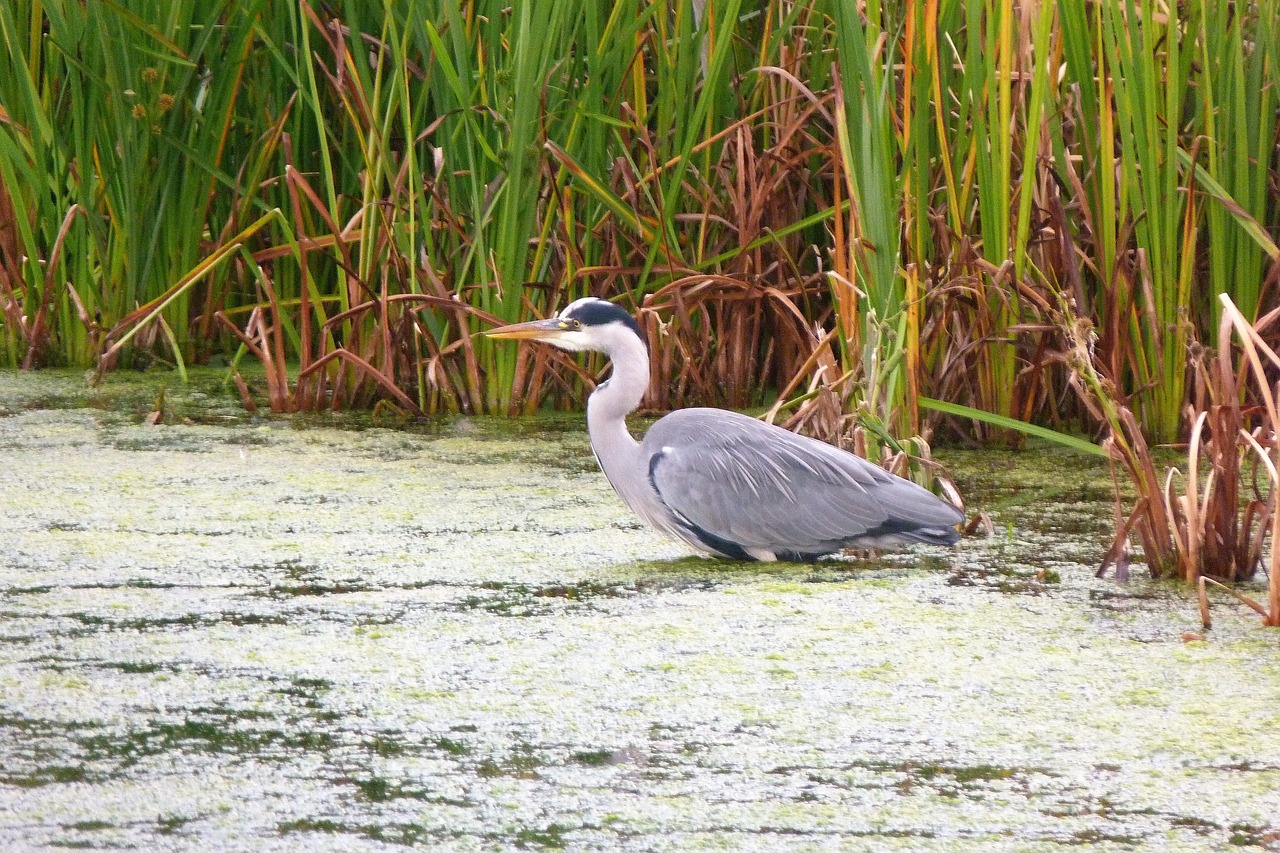
Cultural and Spiritual Significance
Wetlands hold a profound for many indigenous communities worldwide. These ecosystems are often considered sacred places that are deeply intertwined with the cultural heritage and beliefs of these communities. For indigenous peoples, wetlands are not just physical landscapes but are seen as living entities that are essential for their spiritual well-being. The connection to wetlands goes beyond their physical attributes; it encompasses a spiritual bond that has been passed down through generations.
Furthermore, wetlands play a crucial role in traditional ceremonies and rituals for many indigenous cultures. These areas are often used for spiritual practices, storytelling, and connecting with the natural world. The preservation of wetlands is vital for maintaining these cultural traditions and ensuring that future generations can continue to benefit from the spiritual richness that these ecosystems provide.
Moreover, wetlands are repositories of indigenous knowledge and wisdom, serving as outdoor classrooms where traditional ecological knowledge is passed down from elders to younger generations. The intricate relationship between indigenous peoples and wetlands highlights the importance of protecting these ecosystems not only for their ecological value but also for their cultural and spiritual significance.
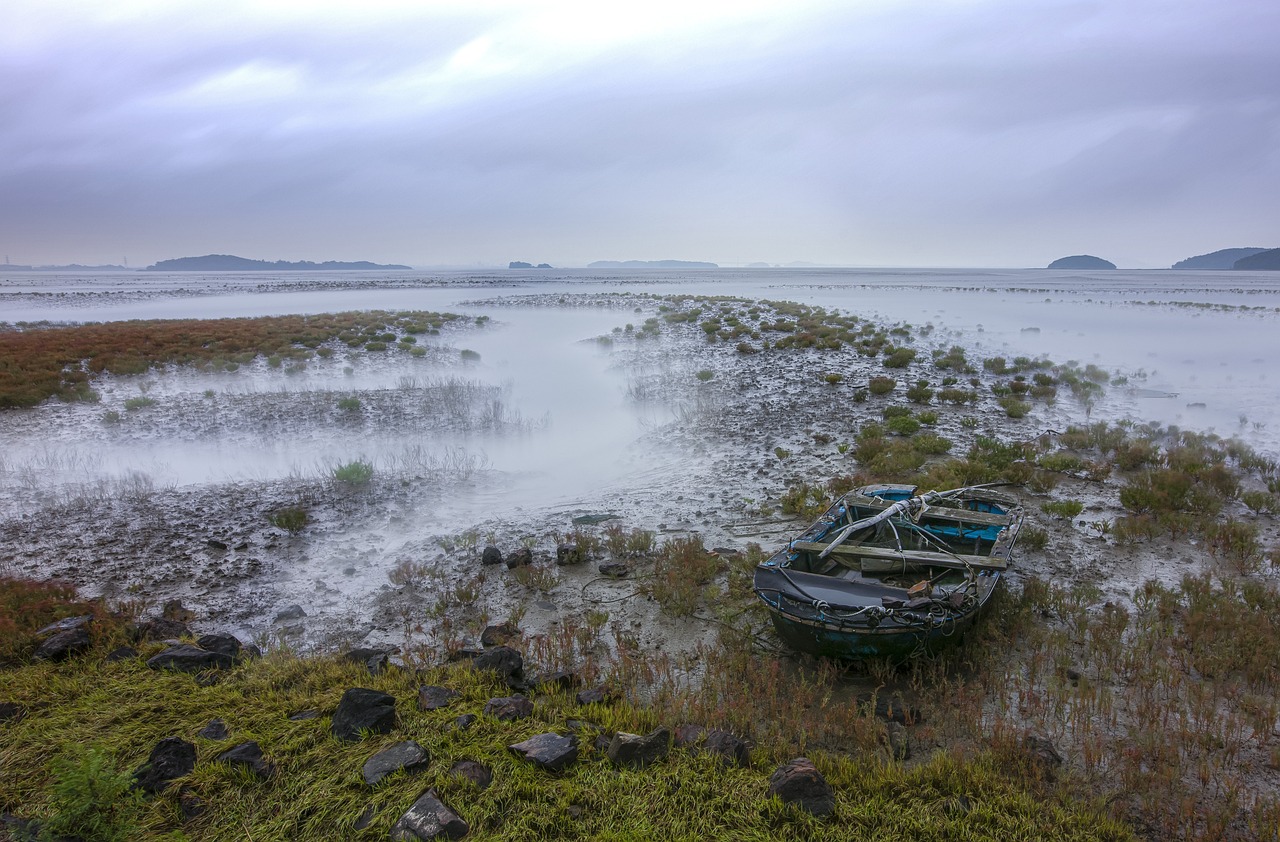
Regulation of Water Cycle
Wetlands play a crucial role in the environment, providing habitat for diverse wildlife, protecting against floods, and improving water quality. Preserving wetlands is essential for biodiversity conservation and maintaining ecological balance.
Wetlands support a wide variety of plant and animal species, many of which are rare and endangered. Protecting wetlands helps safeguard biodiversity and ensures the survival of these unique ecosystems.
Wetlands act as natural sponges, absorbing excess water during heavy rains and reducing the risk of flooding in surrounding areas. Preserving wetlands is vital for mitigating the impact of extreme weather events.
Wetlands filter pollutants and sediments from water, improving its quality before it enters rivers, lakes, and oceans. Protecting wetlands helps maintain clean water sources for both humans and wildlife.
Wetlands store large amounts of carbon in their soils, helping to mitigate climate change by reducing greenhouse gas emissions. Preserving wetlands is crucial for their role in sequestering carbon and combating global warming.
Wetlands provide opportunities for outdoor activities such as birdwatching, fishing, and hiking, attracting tourists and generating economic benefits for local communities. Protecting wetlands ensures continued access to these recreational opportunities.
Many indigenous cultures view wetlands as sacred places with deep spiritual significance. Preserving wetlands is essential for respecting and protecting the cultural heritage of indigenous communities around the world.
Wetlands help regulate the water cycle by storing and releasing water gradually, reducing the risk of droughts and maintaining water availability during dry periods. Protecting wetlands is crucial for sustainable water management.
Balancing the need for urban development with wetland conservation is a challenge. Proper land use planning and sustainable development practices are necessary to protect wetlands while meeting the needs of growing populations.
Q: Why are wetlands important for biodiversity conservation?
A: Wetlands support a wide variety of plant and animal species, many of which are rare and endangered. Protecting wetlands helps safeguard biodiversity and ensures the survival of these unique ecosystems.
Q: How do wetlands help in flood prevention?
A: Wetlands act as natural sponges, absorbing excess water during heavy rains and reducing the risk of flooding in surrounding areas. Preserving wetlands is vital for mitigating the impact of extreme weather events.
Q: What is the role of wetlands in carbon sequestration?
A: Wetlands store large amounts of carbon in their soils, helping to mitigate climate change by reducing greenhouse gas emissions. Preserving wetlands is crucial for their role in sequestering carbon and combating global warming.
Q: How can individuals contribute to the protection of wetlands?
A: Individuals can support wetland conservation by participating in clean-up efforts, advocating for wetland protection policies, and educating others about the importance of wetlands in maintaining a healthy environment.
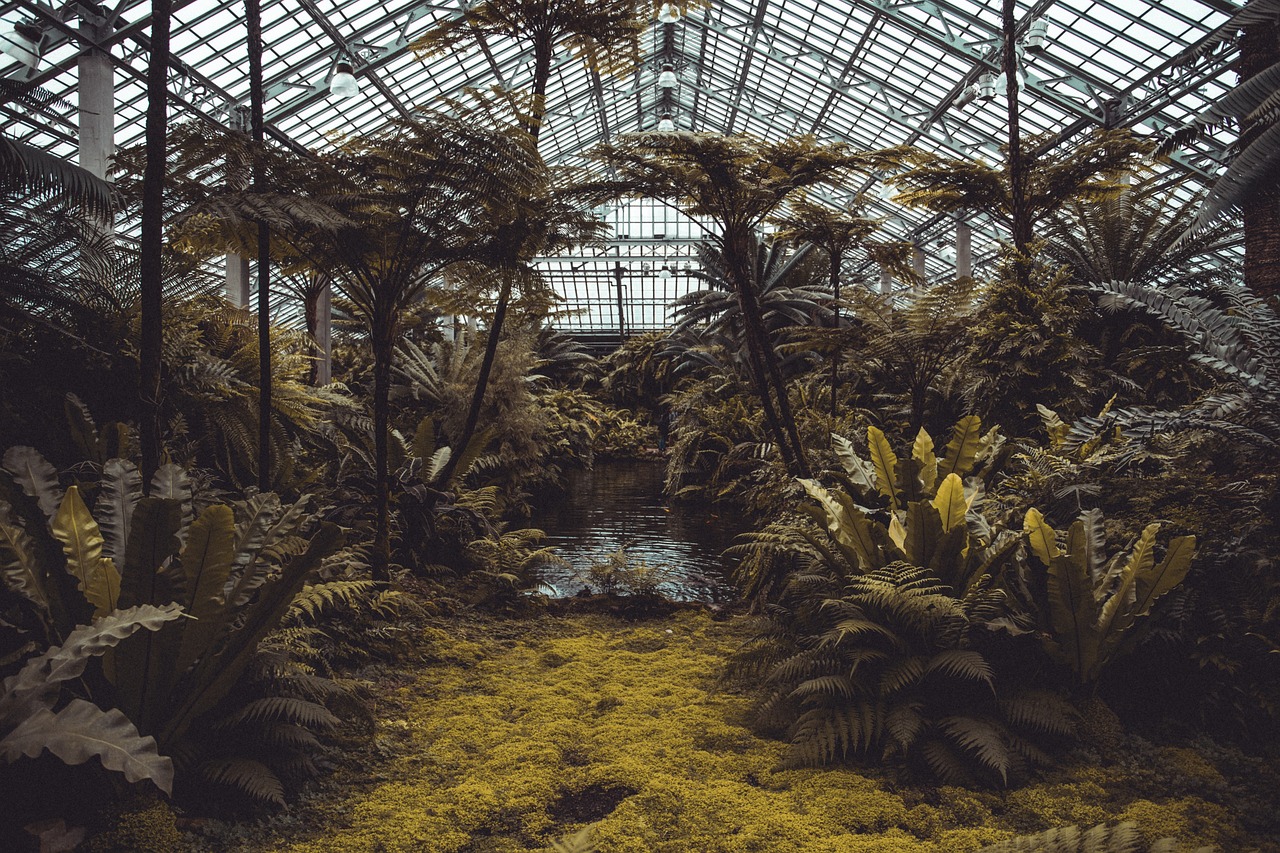
Urban Development and Land Use
Urban development and land use present a complex challenge when it comes to preserving wetlands. As cities expand and populations grow, there is often pressure to convert wetlands into urban areas for housing, infrastructure, and commercial development. However, this encroachment on wetlands can have detrimental effects on the environment and biodiversity.
Proper land use planning is essential to strike a balance between urban development and wetland conservation. Sustainable development practices need to be implemented to ensure that wetlands are protected while meeting the needs of a growing urban population. This requires thoughtful consideration of land zoning, building codes, and infrastructure design to minimize the impact on wetlands.
Additionally, creating green spaces within urban areas can help mitigate the loss of wetlands. Parks, greenways, and urban wetland reserves can provide valuable habitat for wildlife, improve air quality, and enhance the overall quality of life for city residents. Integrating green infrastructure into urban planning can help maintain the ecological functions of wetlands within a developed landscape.
Frequently Asked Questions
- Why are wetlands important?
Wetlands are crucial for biodiversity conservation, flood prevention, water quality improvement, carbon sequestration, recreation, and cultural significance. They play a vital role in maintaining ecological balance and supporting diverse ecosystems.
- How do wetlands help in flood prevention?
Wetlands act as natural sponges, absorbing excess water during heavy rains and reducing the risk of flooding in surrounding areas. By retaining and slowly releasing water, wetlands help mitigate the impact of extreme weather events.
- What is the significance of wetlands in improving water quality?
Wetlands filter pollutants and sediments from water, improving its quality before it enters rivers, lakes, and oceans. This filtration process helps maintain clean water sources for both humans and wildlife, contributing to overall ecosystem health.
- How do wetlands contribute to carbon sequestration?
Wetlands store large amounts of carbon in their soils, playing a crucial role in mitigating climate change by reducing greenhouse gas emissions. Preserving wetlands is essential for their role in sequestering carbon and combating global warming.
- What recreational opportunities do wetlands offer?
Wetlands provide opportunities for outdoor activities such as birdwatching, fishing, and hiking, making them popular destinations for tourists and locals alike. These recreational activities contribute to the economic benefits of local communities.













